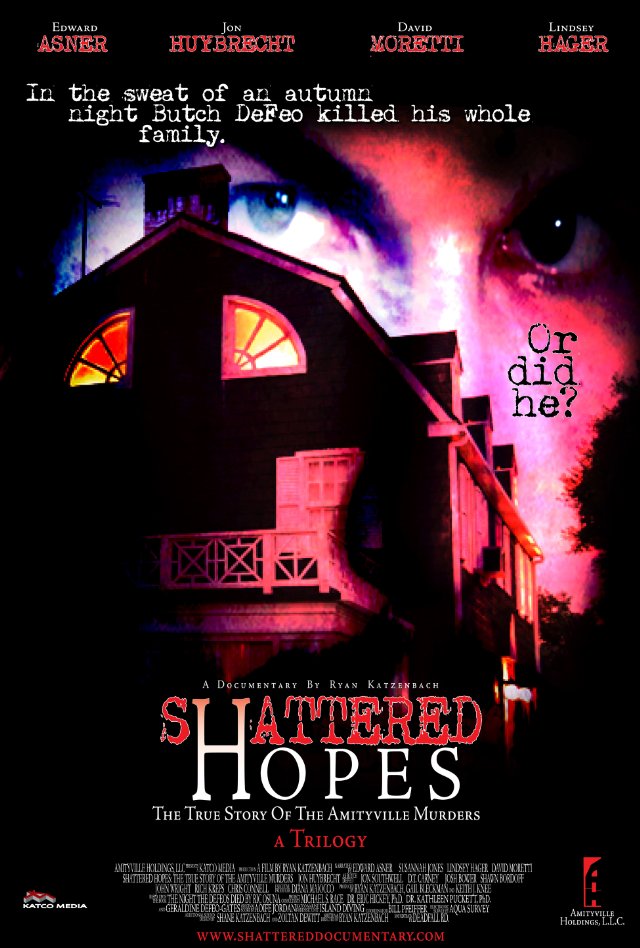I held off on writing about the JetBlue captain who suffered an emotional breakdown in flight because the case seemed too cut and dry for my added perspective.
Mood music:
http://youtu.be/JRlkTNlLy3w
That’s because I was thinking about this from the perspective of a frequent flyer. I prefer that the guys running the cockpit of my plane are sober and of sound mind. If someone is on the mental edge, they shouldn’t be flying a plane. And if a captain unexpectedly loses it, he should be removed from the cockpit.
There’s nothing remarkable here. I think any airline passenger would echo my sentiments.
The justice system appears to have reached the same conclusions. According to a Reuters story posted this morning, a grand jury indicted the pilot and charged him with interference with a flight crew. From the article:
Pilot Clayton Osbon “moved through the aircraft and was disruptive and had to be subdued and forcibly restrained from re-entering the cockpit” during the flight from New York to Las Vegas, the federal indictment said.
The unusual indictment of an airline pilot was filed on Wednesday in U.S. District Court in Amarillo, Texas. The JetBlue flight made an emergency landing in Amarillo on March 27 and Osbon, 49, was taken into custody at the airport.
Osbon is undergoing a court-ordered psychiatric examination to determine whether he can stand trial and his “sanity or lack thereof” at the time of the incident, according to court documents.
The FBI said Osbon began saying “things just don’t matter” while he was at the controls of the Airbus A320 about halfway into the five-hour flight, and that he told the flight’s first officer, “We’re not going to Vegas.”
After the pilot suddenly left the cockpit and started running up and down in the aisle, banging on a restroom door, and attempted to force his way back into the locked cockpit, several passengers retrained him until the plane landed, court documents say.
The FBI said that while he was being restrained, Osbon yelled “pray now for Jesus Christ,” started yelling about Iraq, Iran, and terrorists, and at one point shouted toward the cockpit, “guys, push it to full throttle!”
A detention hearing that had been set for earlier this week to determine whether Osbon should be released on bond was postponed while his psychiatric exam continued.
As dangerous as this guy was, I can’t help but feel for him. As someone who has suffered from panic attacks and emotional breakdowns, I can certainly place myself in his shoes. The inside of an airplane is THE WORST place on Earth to have an emotional breakdown. You’re trapped in a tube with nowhere to go. Anything can happen in that situation.
Some have called for heads to roll at the airline, but I think that’s pointless. We can yell until we’re blue in the face about how there should be tougher screening for pilots to ensure no one gets on a plane emotionally unhinged. But you can’t always catch these things in a screening.
I’ve had days where I woke up energized, confident and ready to take on the world. Then, somewhere in the day, without warning, my emotional equilibrium would take a dive. It has happened on the job, and at home. It has happened with me behind the wheel of a car and in the kitchen with sharp objects in my hand.
Screening beforehand might have revealed some latent depression, but that’s not enough to predict that the person is a ticking time bomb.
There are no good guys or bad guys in this tale. What happened happened and I doubt anything could have been done to avoid it.
If the pilot had been acting out before takeoff, the plane never would have left the ground with him on board. Not in this post-9-11 world.
That’s the problem with time bombs. You can never predict when they’ll go off. You can’t catch this type of explosive in a TSA line, especially when the TSA is preoccupied with patting down toddlers in wheelchairs.
I just hope the pilot gets the help he needs.







